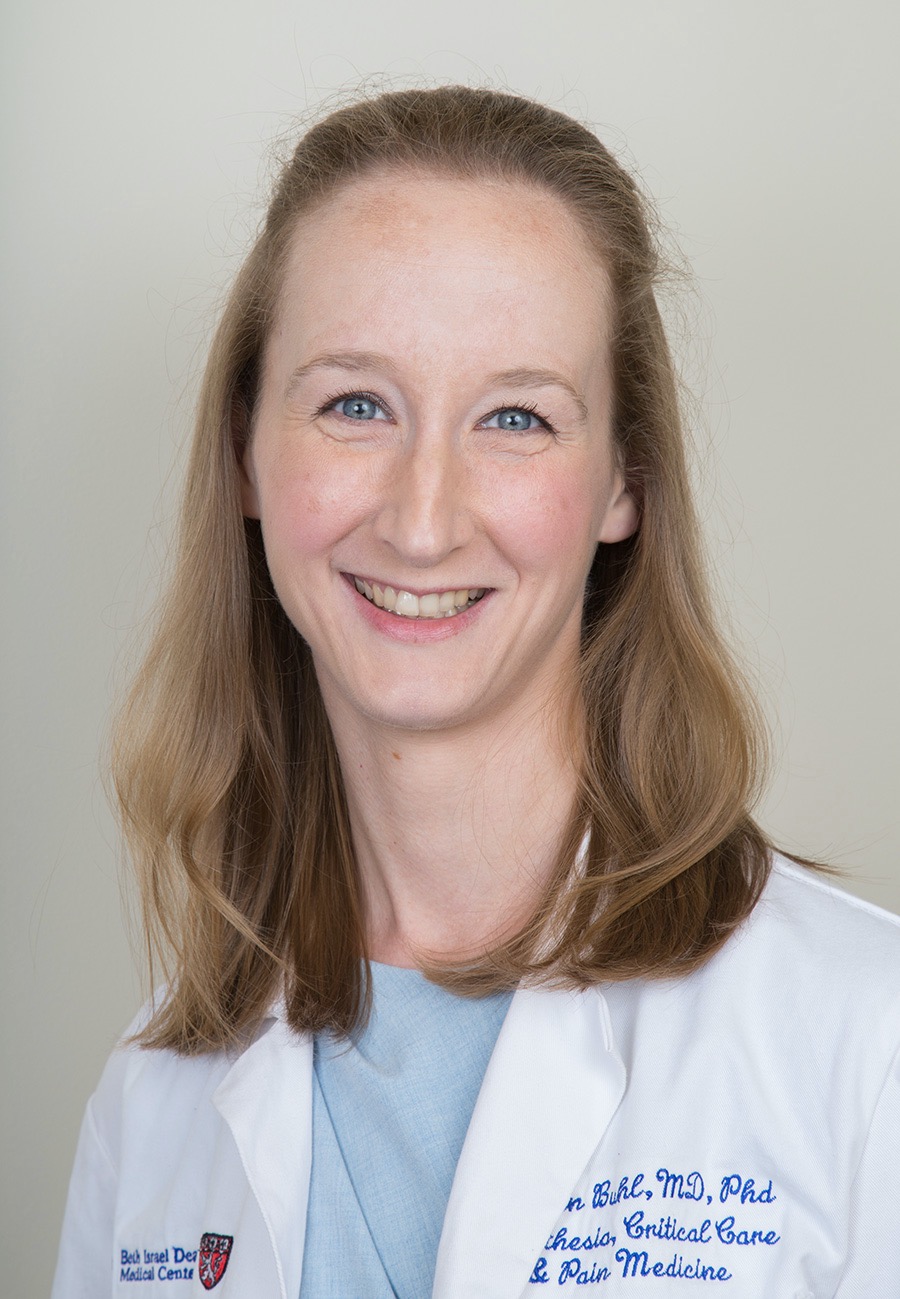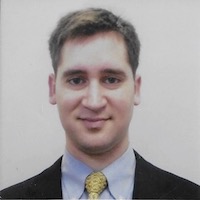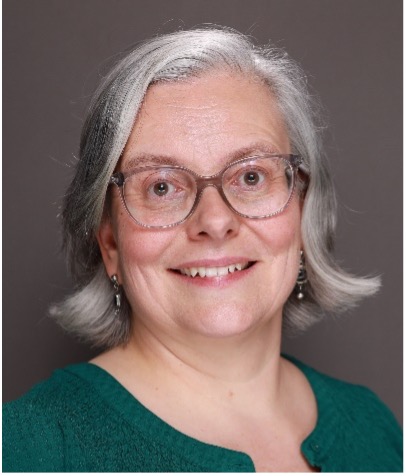 21st Century Flexner Moment: Charting our Course through Medicine's AI Revolution
21st Century Flexner Moment: Charting our Course through Medicine's AI Revolution
Walking through the AMA ChangeMedEd 2025 meeting, I felt the familiar tug of a Flexner moment. So much of the agenda, workshops, and posters leaned into AI as a force reshaping how we teach, assess, and practice. The message was unmistakable: if AI is now better at facts, pattern recognition, and organizing knowledge, then the uniquely human work of medicine must come into sharper focus.
The most promising future isn't one where AI replaces physicians, but where human-AI collaboration outperforms either working alone. This "human-in-the-loop" approach ensures quality and safety while leveraging AI's analytical power alongside human expertise, empathy, and ethical reasoning. In anesthesiology, this might mean AI systems continuously monitoring patient status and alerting us of subtle changes, while we focus on complex decision-making, patient communication, and leading the perioperative team. AI could handle routine documentation and administrative tasks, which are major sources of physician burnout, freeing us to focus on the aspects of care that require human judgment and connection.


 21st Century Flexner Moment: Charting our Course through Medicine's AI Revolution
21st Century Flexner Moment: Charting our Course through Medicine's AI Revolution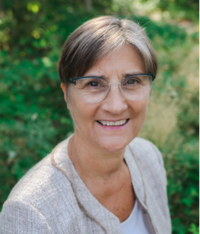
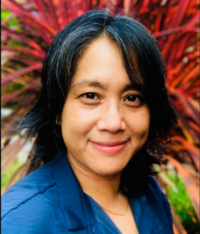
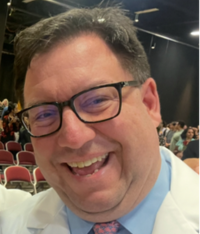
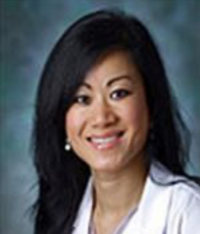
 T
T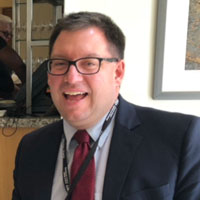
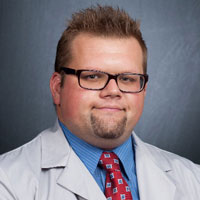

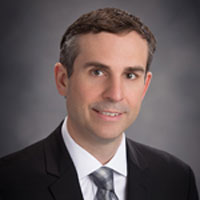 This will be my final contribution to the SEA newsletter as President. It provides me with the opportunity to reflect on what we have accomplished in the last two years and where we are going in the future. We emerged from COVID hungry for contact and renewed academic vigor, even as we struggled with less time and money allocated for educational endeavors. As a society, we have worked hard to provide our members with enhanced mentoring, resources and support. We continue to work together to address the issues we all face and develop creative solutions to our problems. I am proud of our demonstration of resilience and enthusiastic attack on problems that others have resigned themselves to.
This will be my final contribution to the SEA newsletter as President. It provides me with the opportunity to reflect on what we have accomplished in the last two years and where we are going in the future. We emerged from COVID hungry for contact and renewed academic vigor, even as we struggled with less time and money allocated for educational endeavors. As a society, we have worked hard to provide our members with enhanced mentoring, resources and support. We continue to work together to address the issues we all face and develop creative solutions to our problems. I am proud of our demonstration of resilience and enthusiastic attack on problems that others have resigned themselves to.